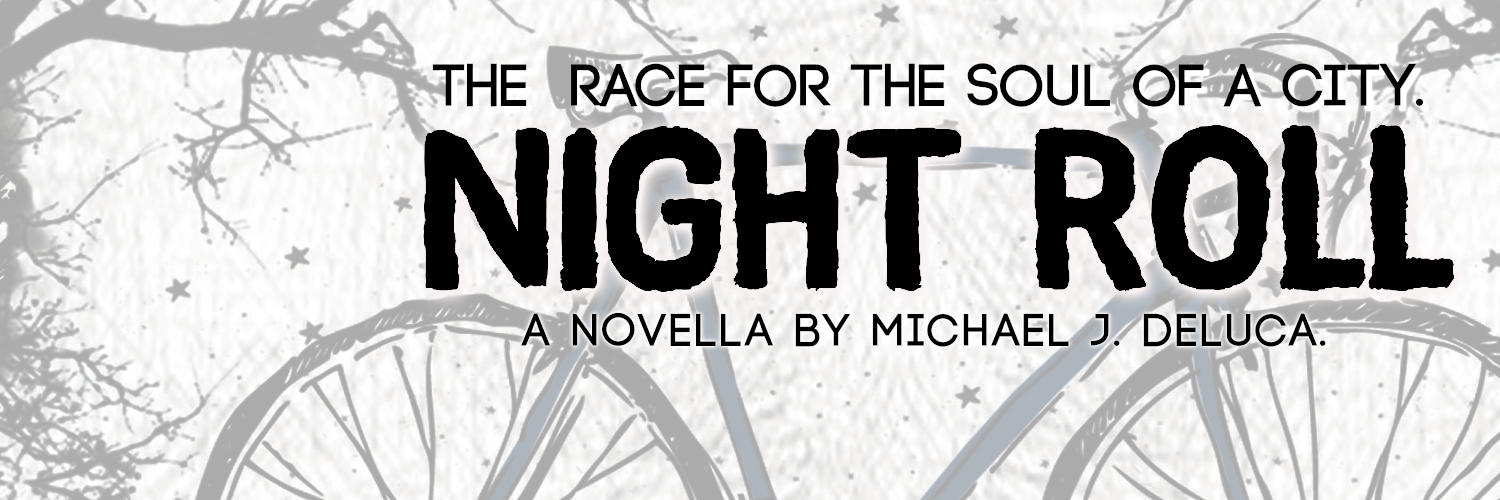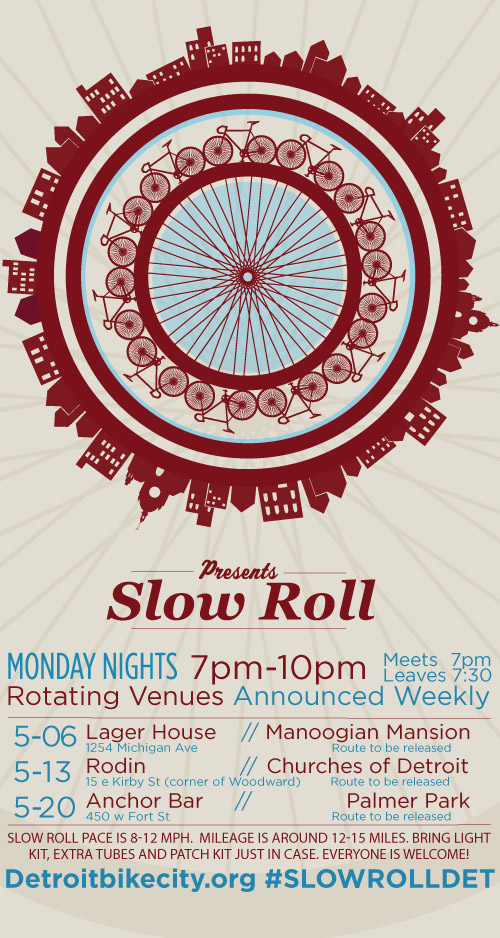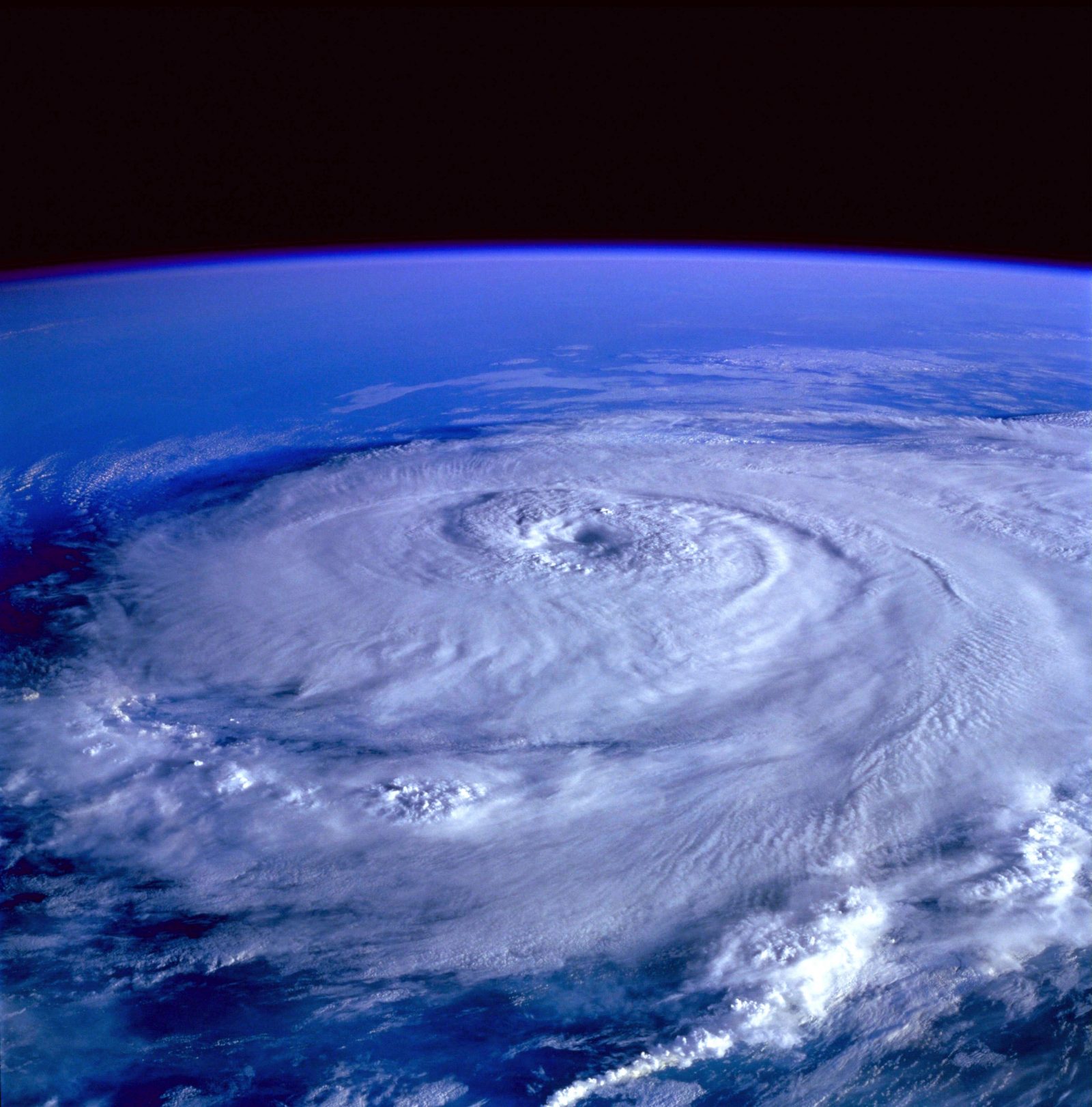Last month we were delighted to give away 5 printed ARC copies of Sim Kern’s DEPART, DEPART! (now available for preorder) and we’re excited to do it again for Michael J. DeLuca’s NIGHT ROLL, coming in October. Check out DeLuca’s Twitter thread and blog post for how to enter the contest.
Michael J. DeLuca’s novella, NIGHT ROLL, is scheduled to be published in October. The book does an excellent job of expressing both the joy and struggle of rebuilding community after loss. In this blog post, DeLuca considers the message NIGHT ROLL has for a post-pandemic world.
In September, Stelliform will publish its first book, Depart, Depart! by Sim Kern, a cli-fi ghost story which considers Jewish and trans experiences intertwined with the changes wrought by climate destabilization. Climate change as a whole is slow, but some of its effects can change the world on a scale of minutes or hours. Not unlike the experience of a global pandemic.
In this post, Sim Kern writes about the links they see between experiences of climate change and experiences of the pandemic.
This creepy bit of sylvan horror is the kind of thing we’d like to see in our slush pile: a story about the inhabitants of an anarchist commune in Freedom, Iowa, who summon Uliksi, a blood-red three-antlered deer god, in order to deal with their hierarchy problems. Uliksi “turns predator into prey” when he “hunts those who wield power over others”.
Though Uliksi is originally summoned to deal with a violent sociopath who has seized control of the commune, the summoners soon realize that the act of summoning an “endless spirit” to dispatch Freedom’s unwanted leader results in the deer god’s gaze falling, inevitably, upon them.
We are pleased to announce that Stelliform Press will be publishing Michael J. DeLuca’s novella, Night Roll, later this year. DeLuca is the editor-in-chief of Reckoning Magazine, as well as an author of short stories published in Beneath Ceaseless Skies, Apex, Mythic Delirium, and many other places.
Yesterday we acquired our first novella, Sim Kern’s Depart, Depart! Kern’s book depicts the aftermath of a violent storm, and the ways in which climate change affects society’s most vulnerable people. Kern describes their novella in a series of tweets.
Tlotlo Tsamaase’s novelette “Eclipse our Sins” is a dense and lyrical story in which a young girl searches for the reason her family members are falling ill in a world in which Mother Earth seeks revenge for a multitude of sins committed against her.
Tsamaase’s future is one in which those effects against the earth are tangible. For example, xenophobic or sexist thoughts emerge into the air as smog, contributing to ecological destabilization. The protagonist, and many others in the story, wears a respirator which protects her from the material effects of anti-social elements; but requiring this protection is a burden on the poor who must not only regularly replace their respirators to survive, but are also dependent on proprietary medicines.
P. Djèlí Clark’s The Black God’s Drums is fast-paced and fun, with characters that play off each other’s quick-witted banter. The world created in this novella is a slightly off-kilter version of our own, with recognizable politics (where the bad guys are Confederates singing songs about Andrew Jackson) juxtaposed with airships and mind-numbing “drapeto gas” which keeps a slave economy running after emancipation. But the part of this book that is so interesting to us is the orisha magic wielded by main characters Jacqueline (or Creeper) and Anne-Marie, magic which connects the narrative so strongly to place.
Both rage and hope can be detrimental to developing the kinds of responses to the climate emergency that we need to restructure society (and the kinds of stories we tell ourselves). Certainly, rage can motivate, but it can also turn on itself; hope can push relentlessly toward unrealistic, unachievable goals when good-enough is right in front of us. Bolander’s novelette is certainly a rage-packed pill that is, at times, tough to swallow; but it is easier if the book’s moments of beauty are not overlooked.
Rivers Solomon’s The Deep demonstrates a literal transformation of human bodies as a result of a change in environment. In this novella, the descendants of kidnapped African mothers thrown from slave ships as they cross the Atlantic ocean become the wajinru, an deep-sea dwelling merpeople who live in blissful forgetfulness of their history. But this forgetfulness cannot be sustained.



